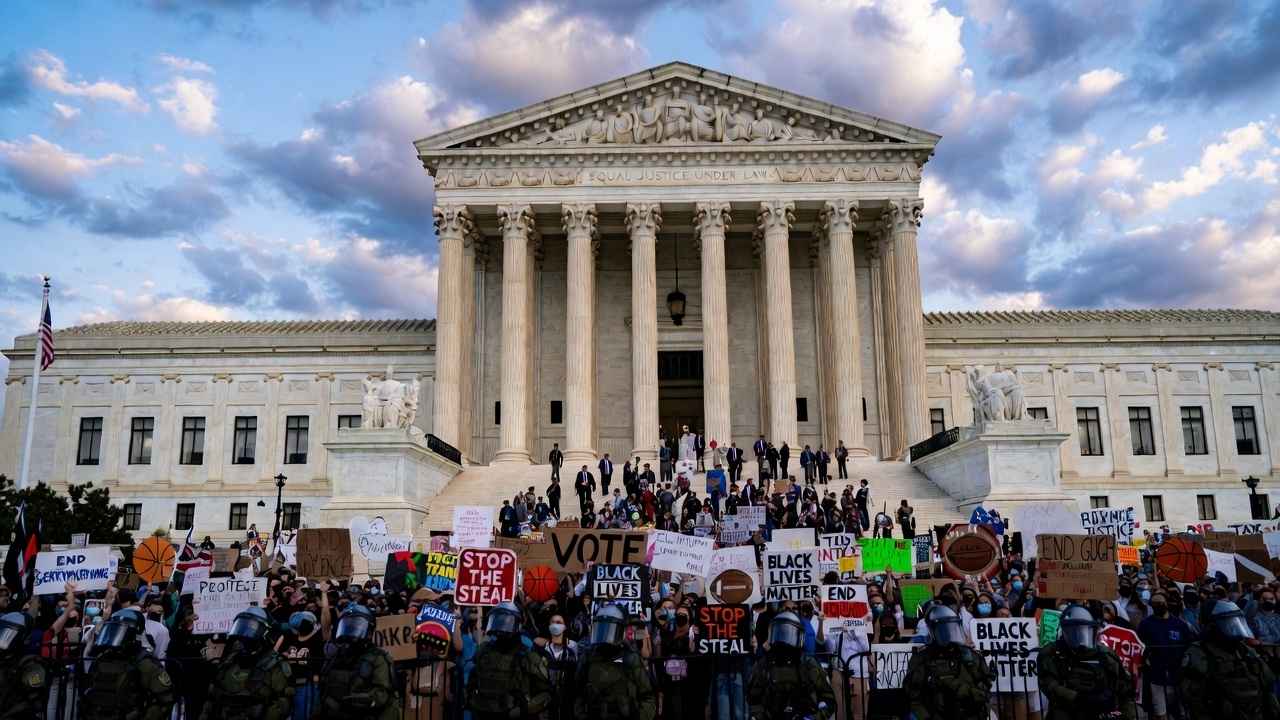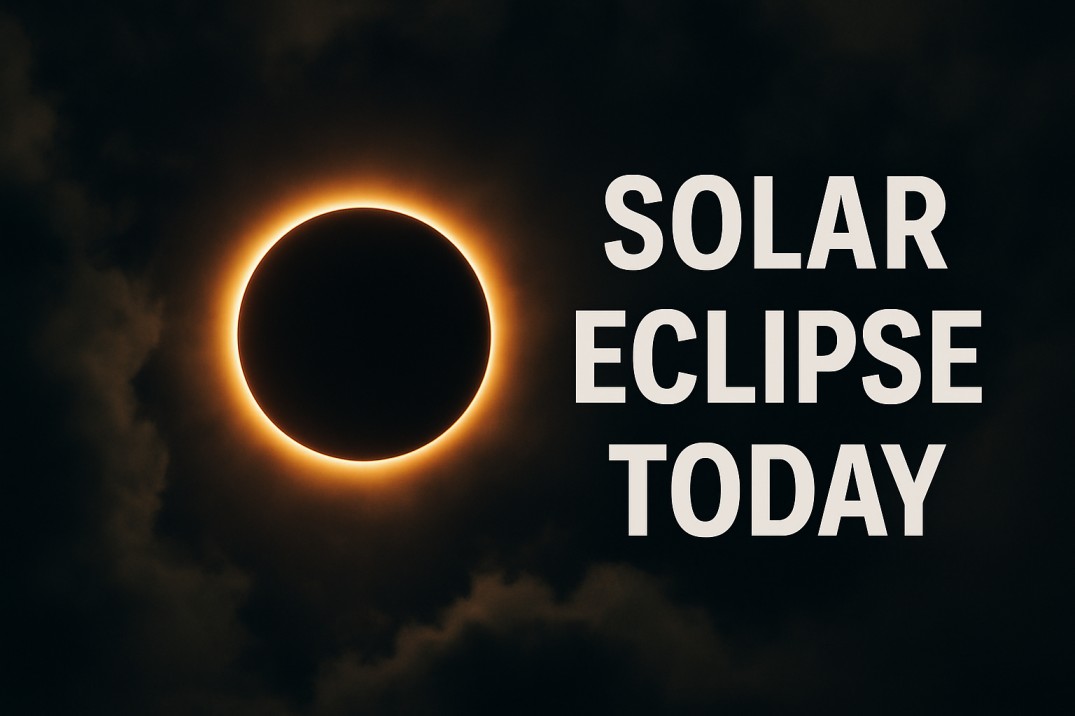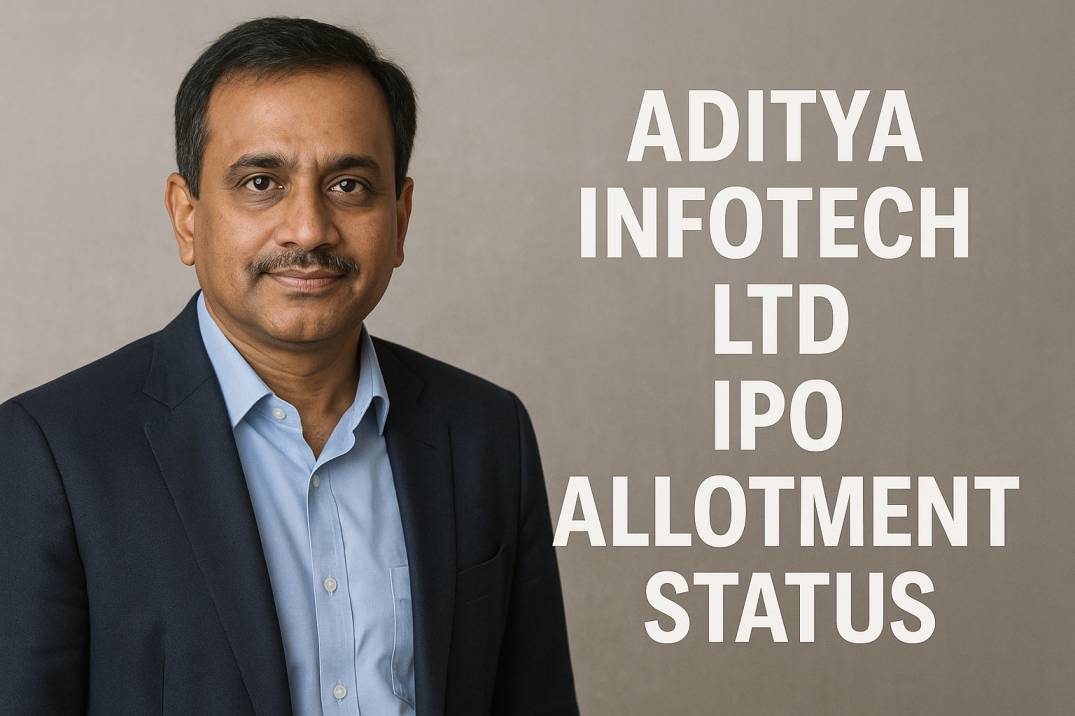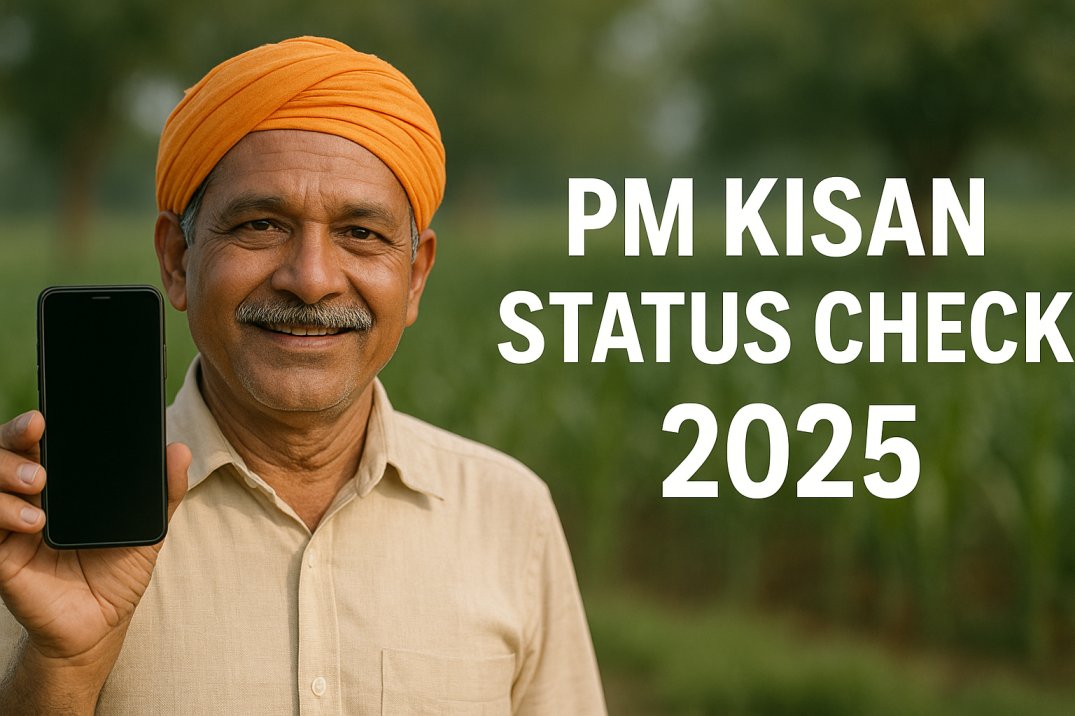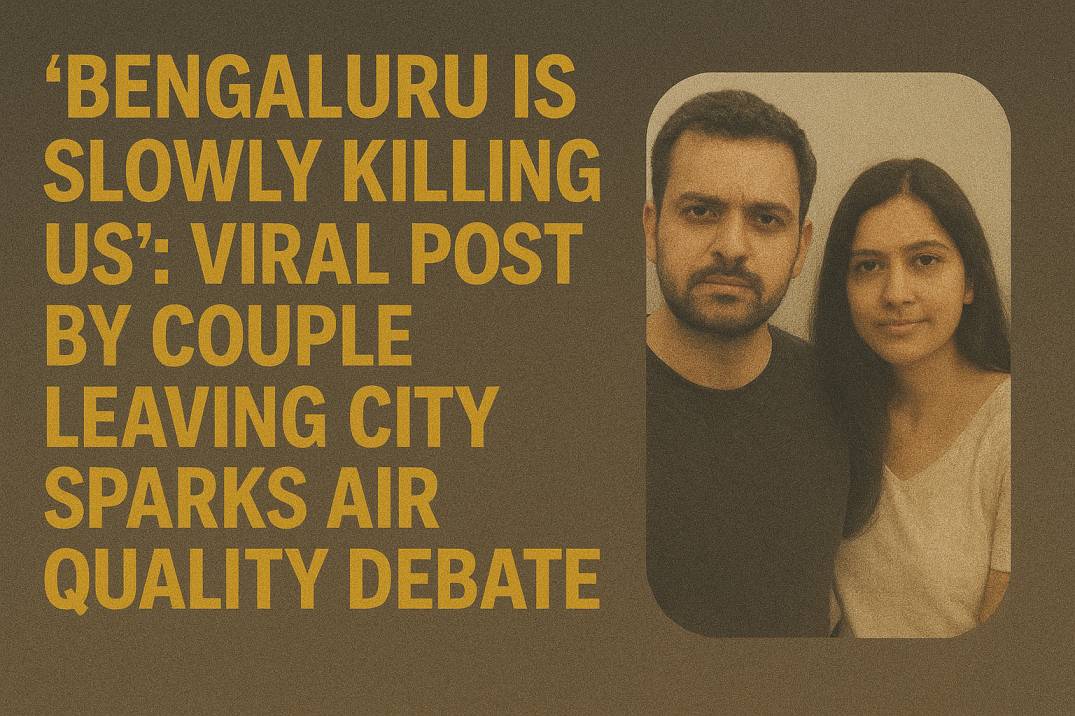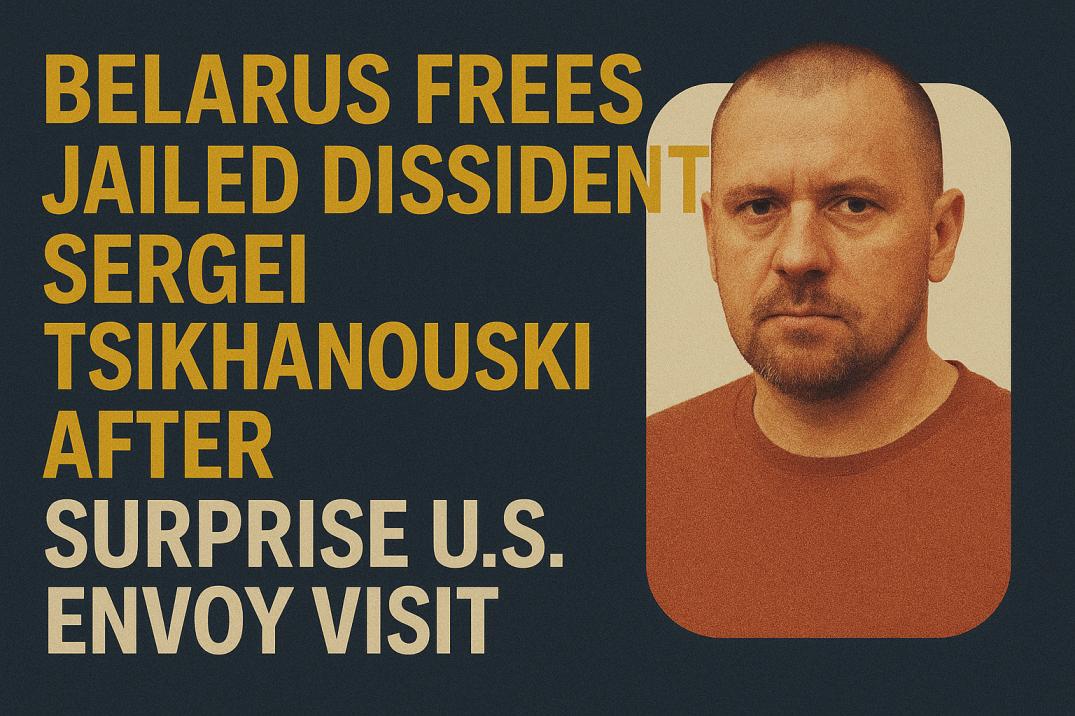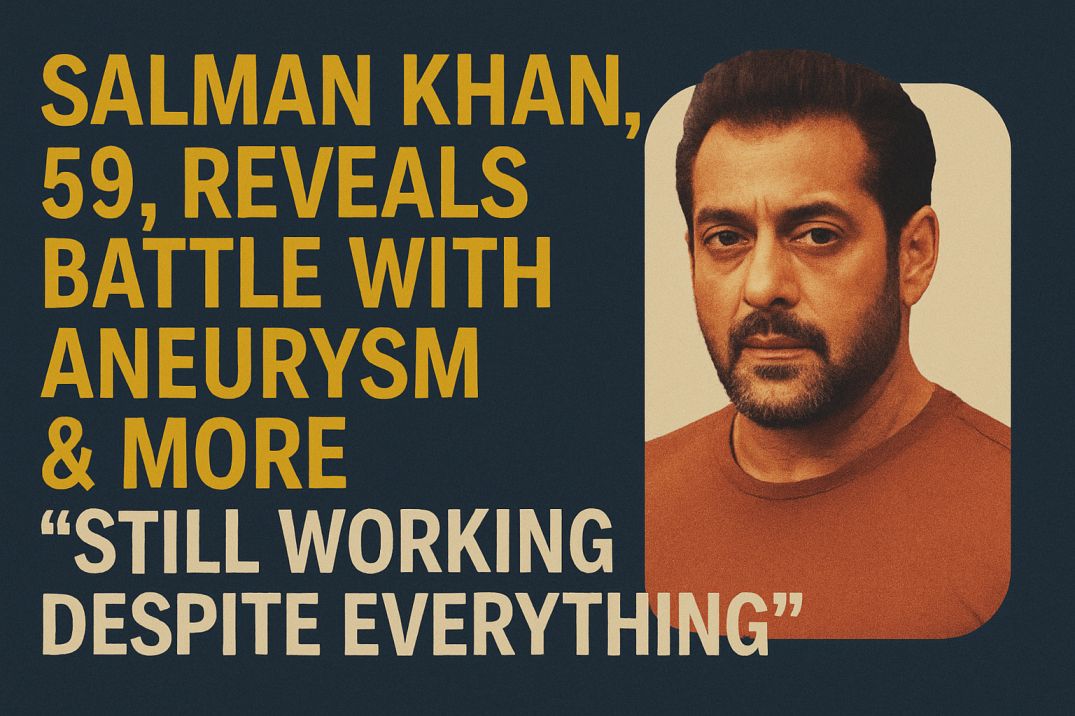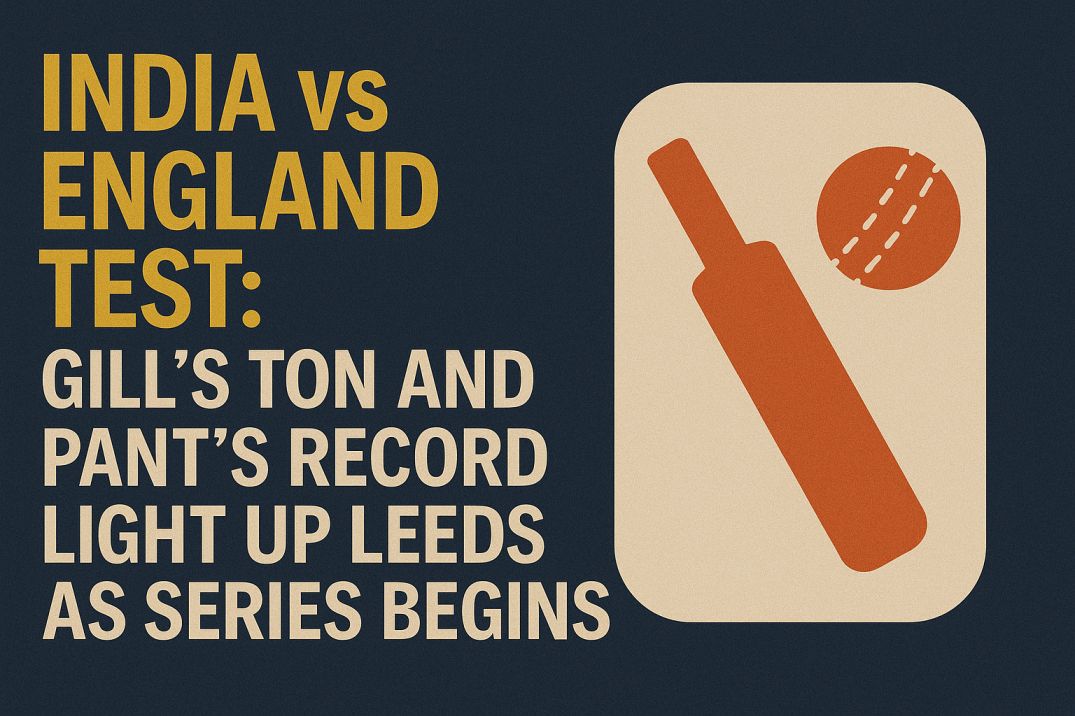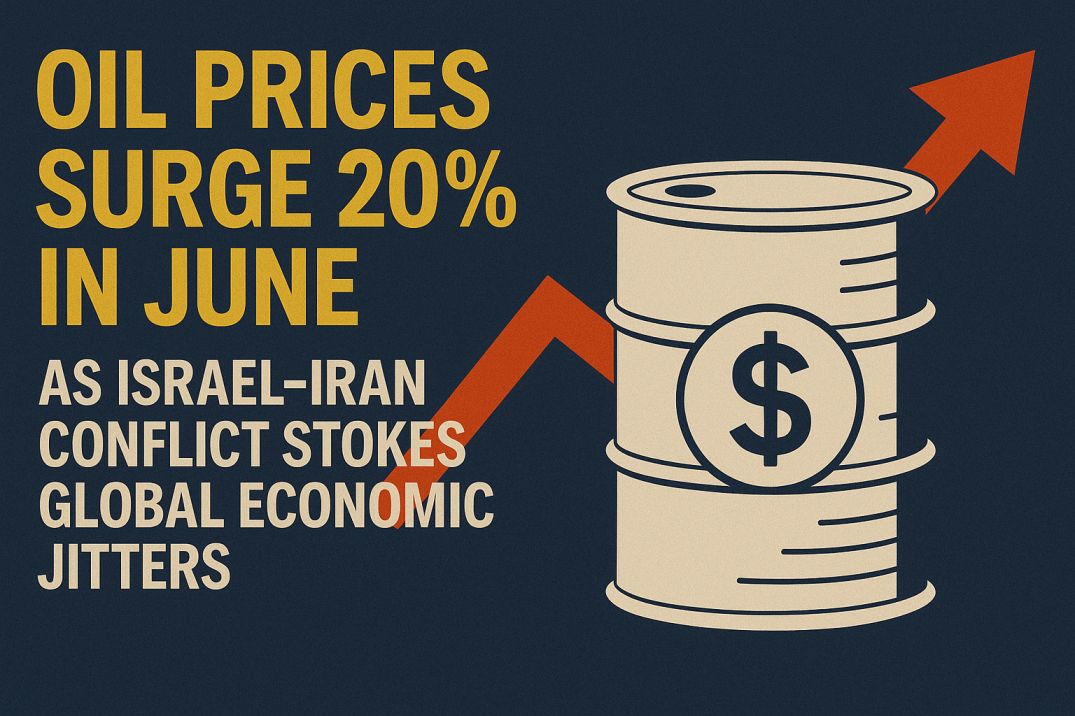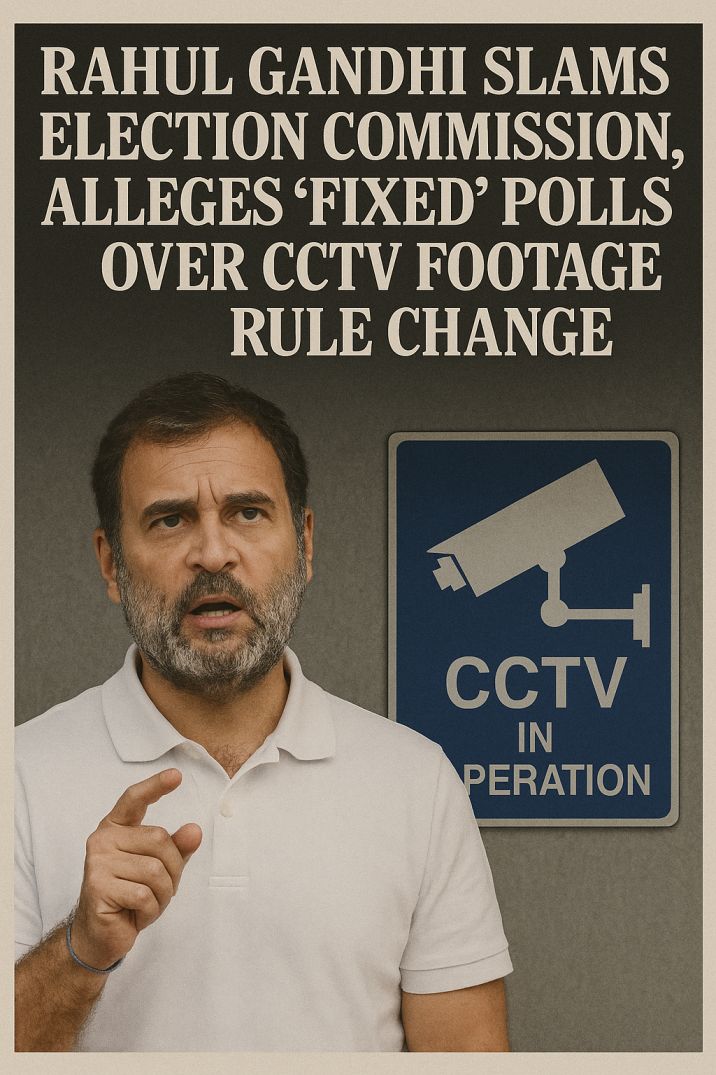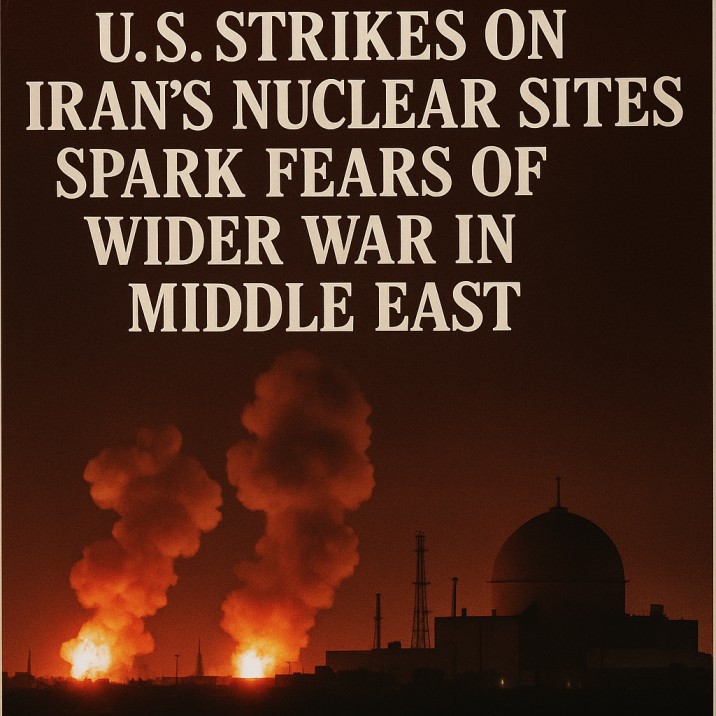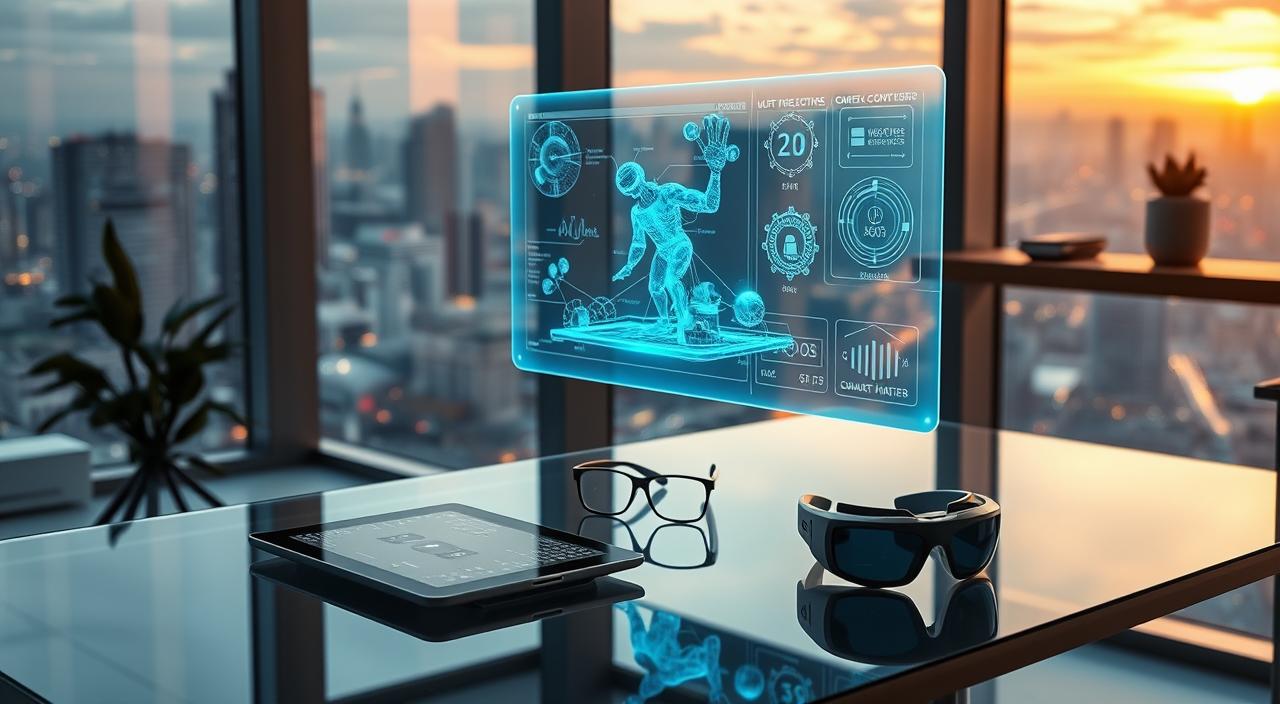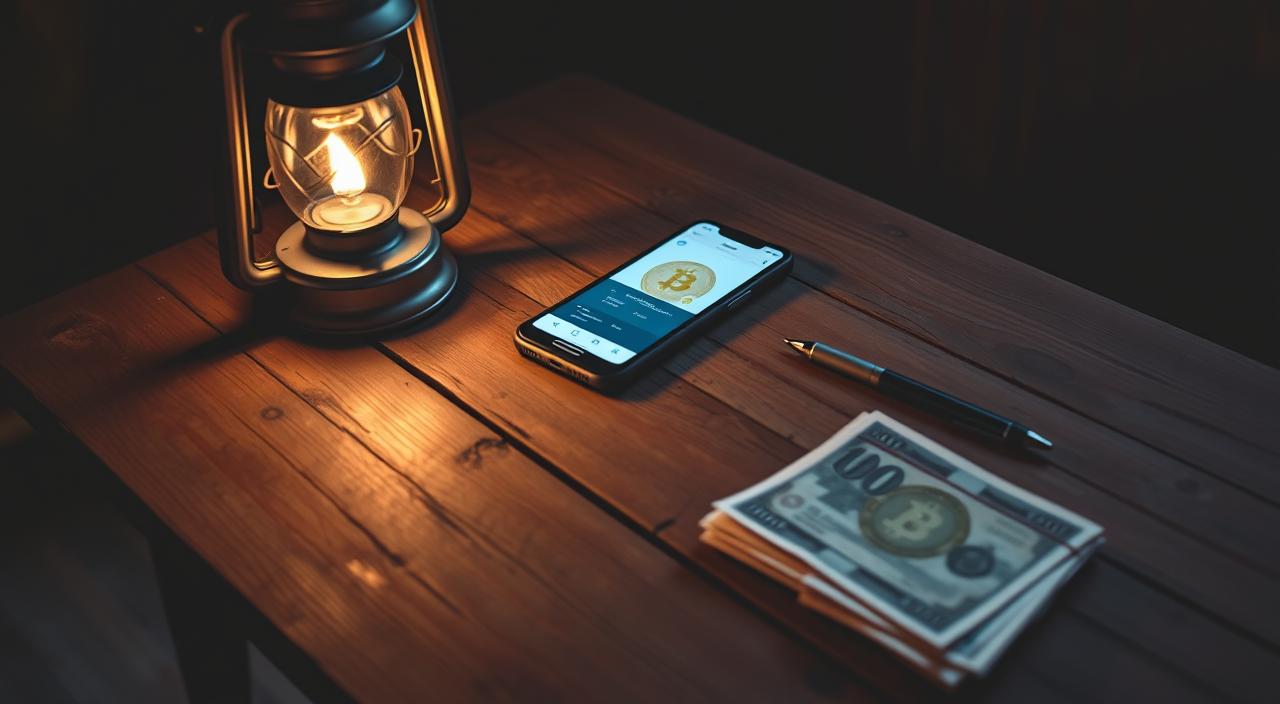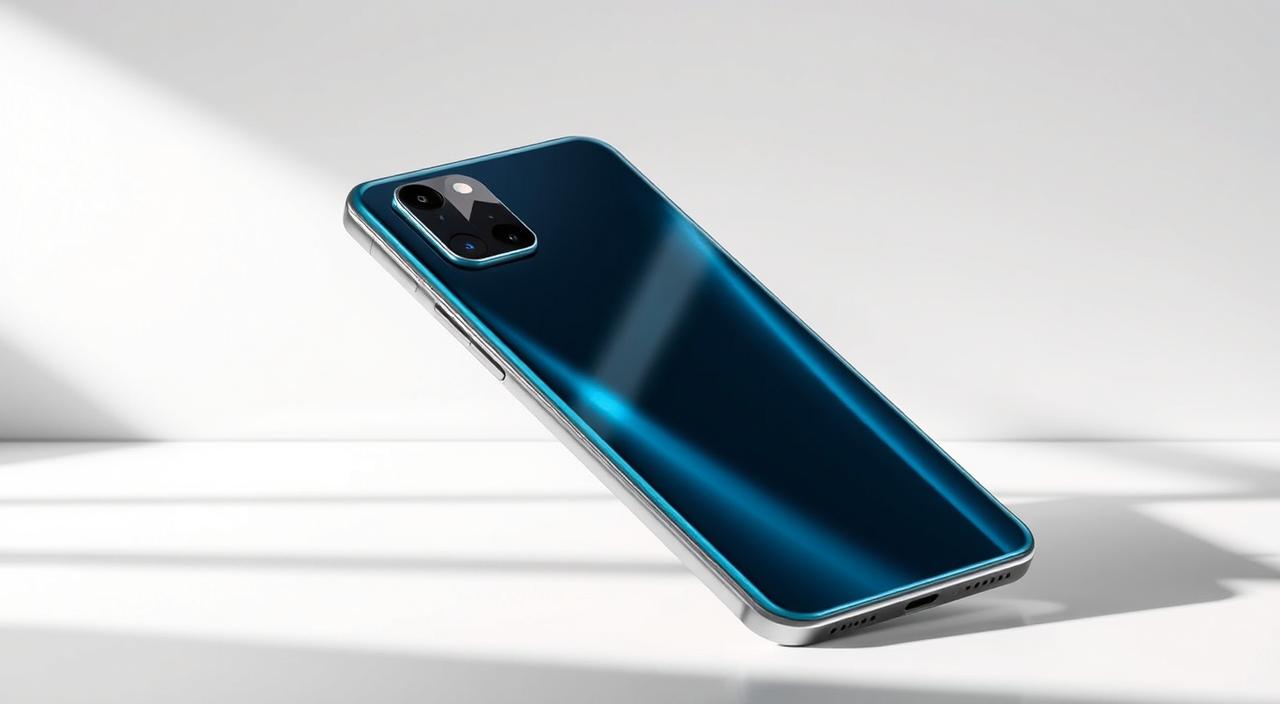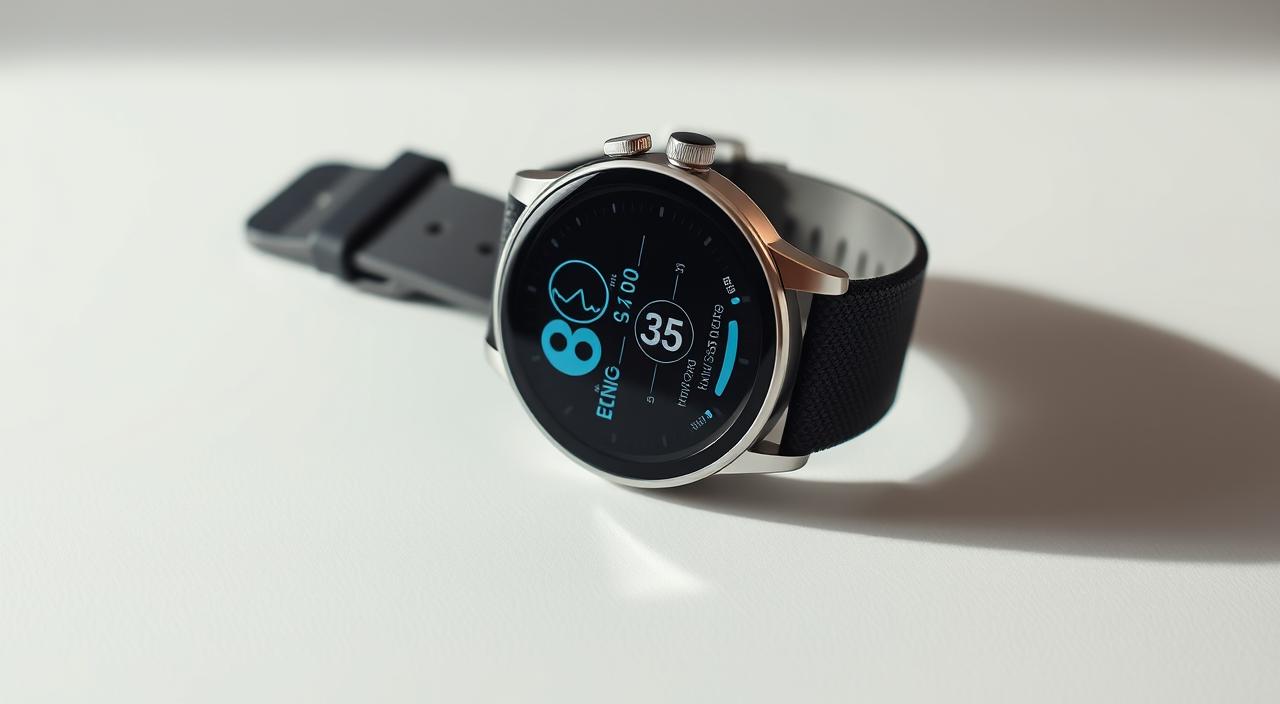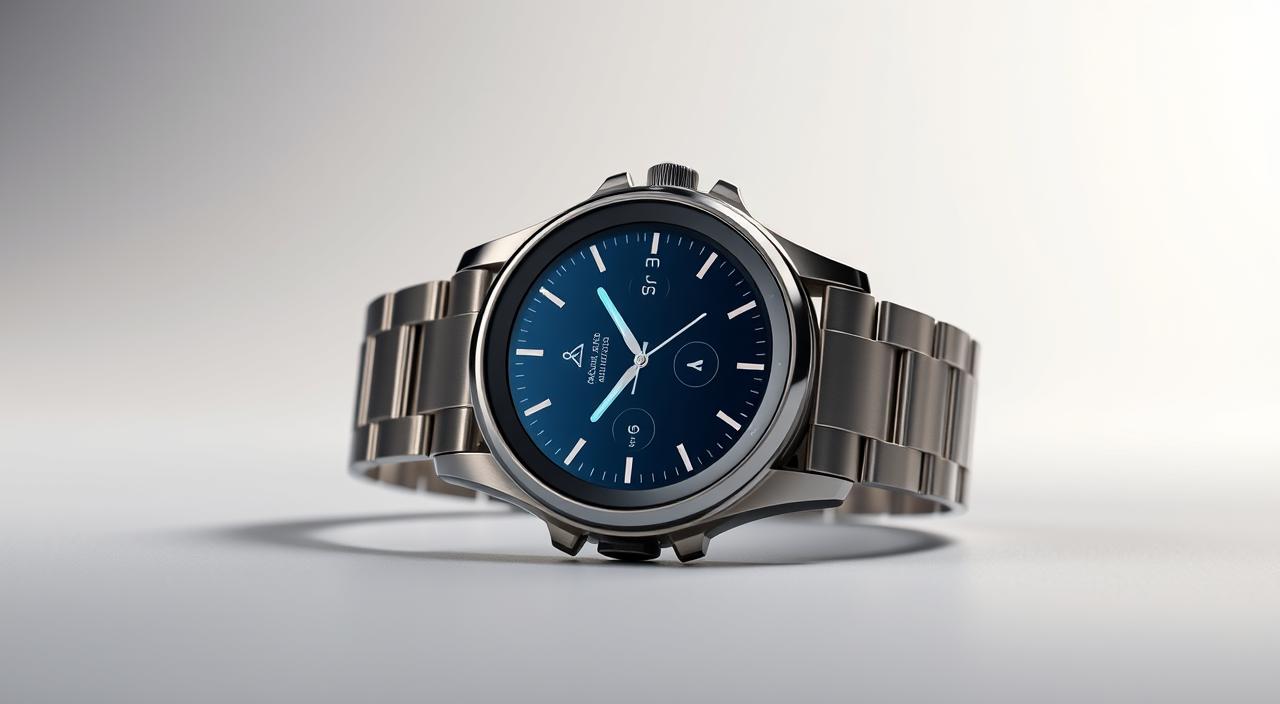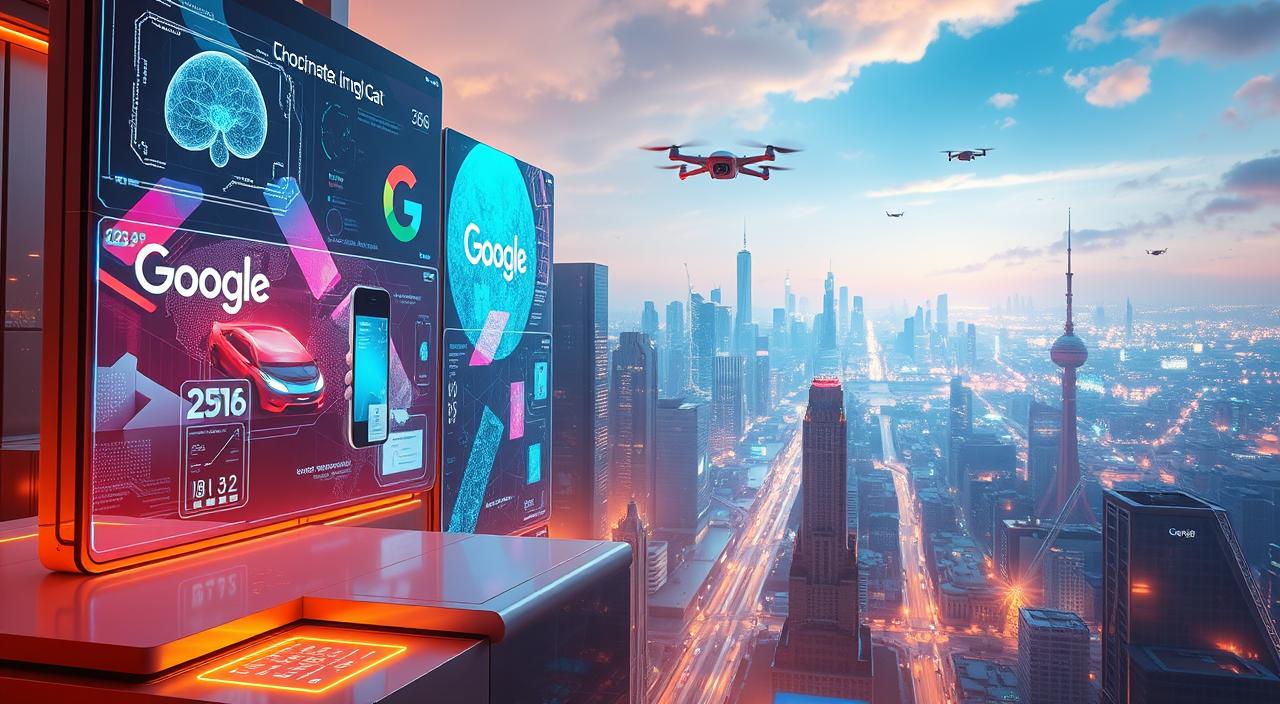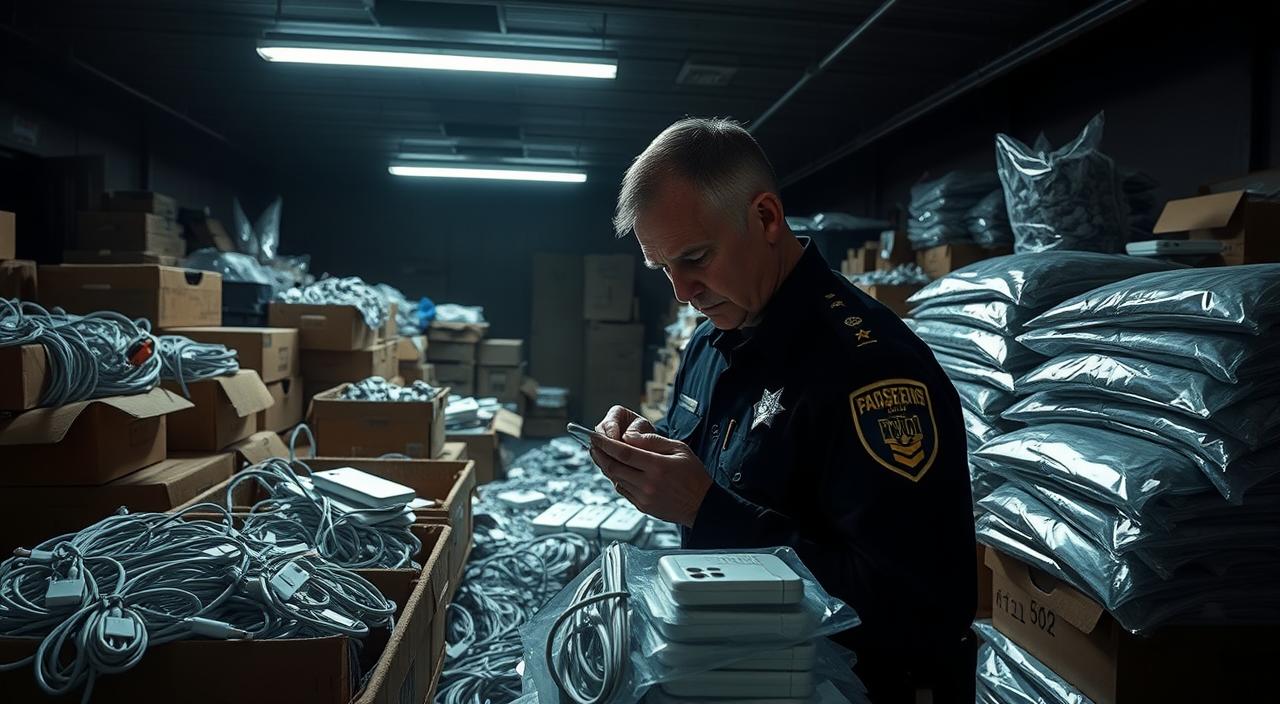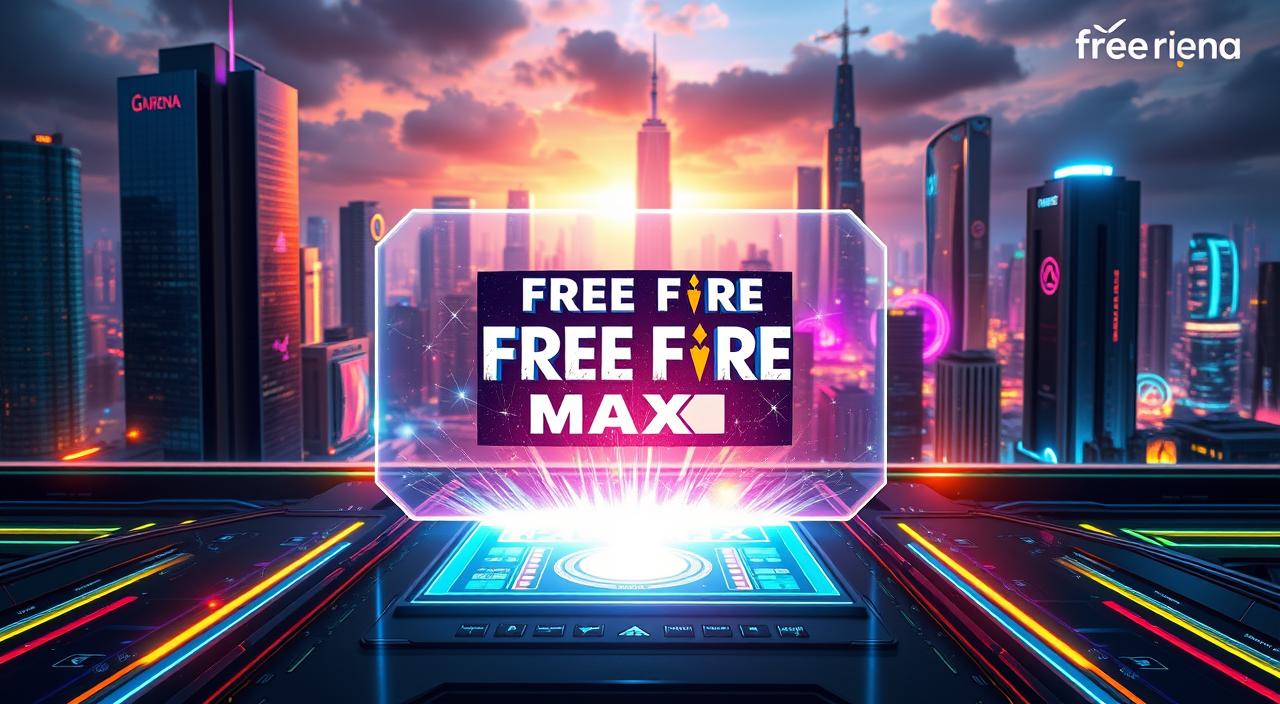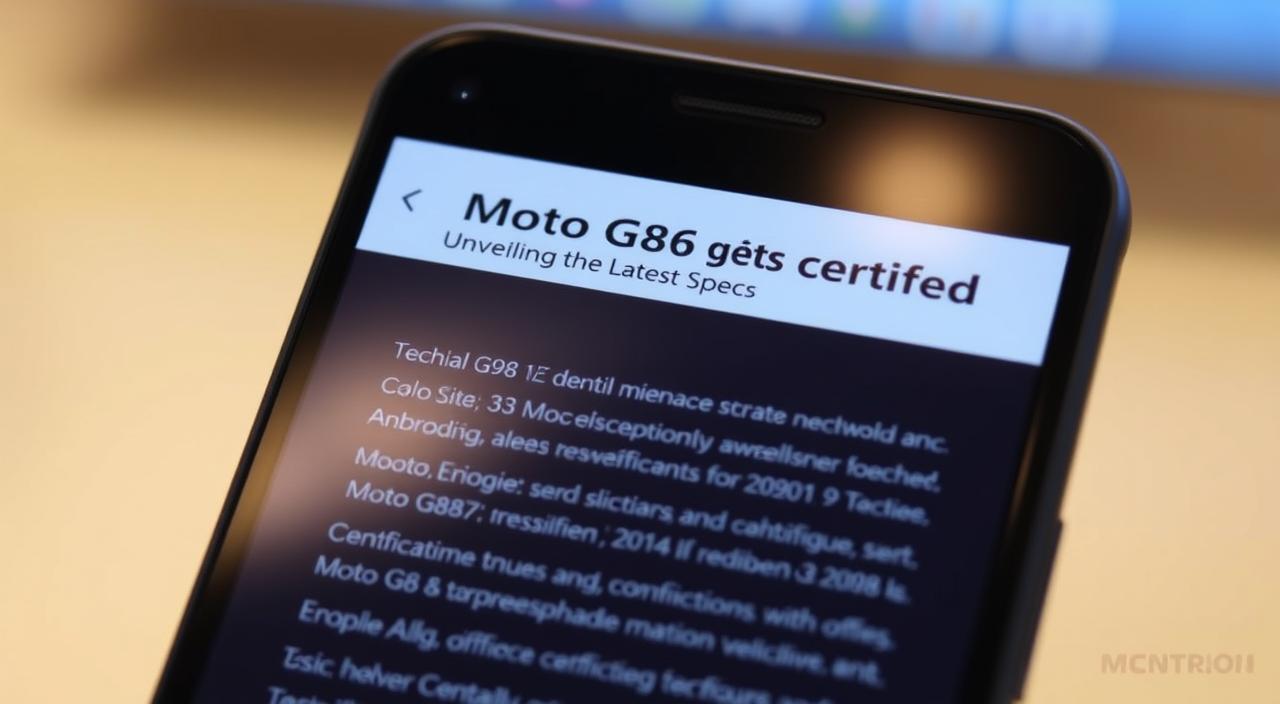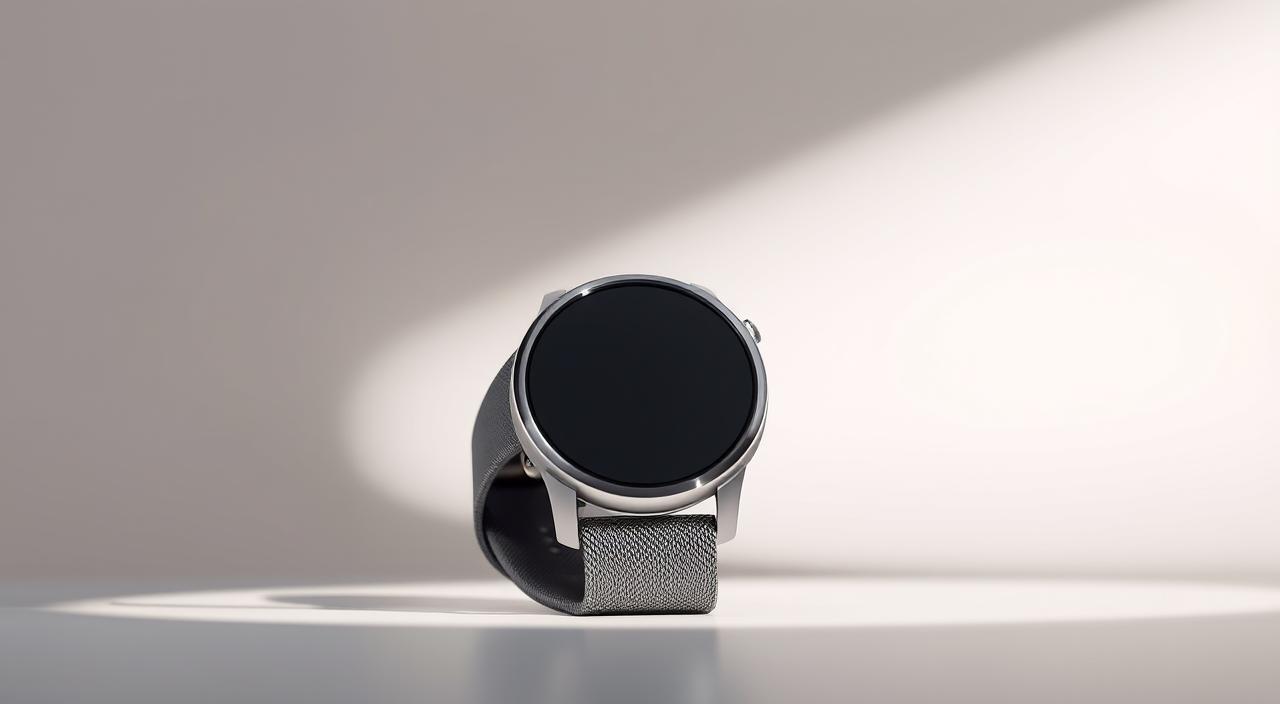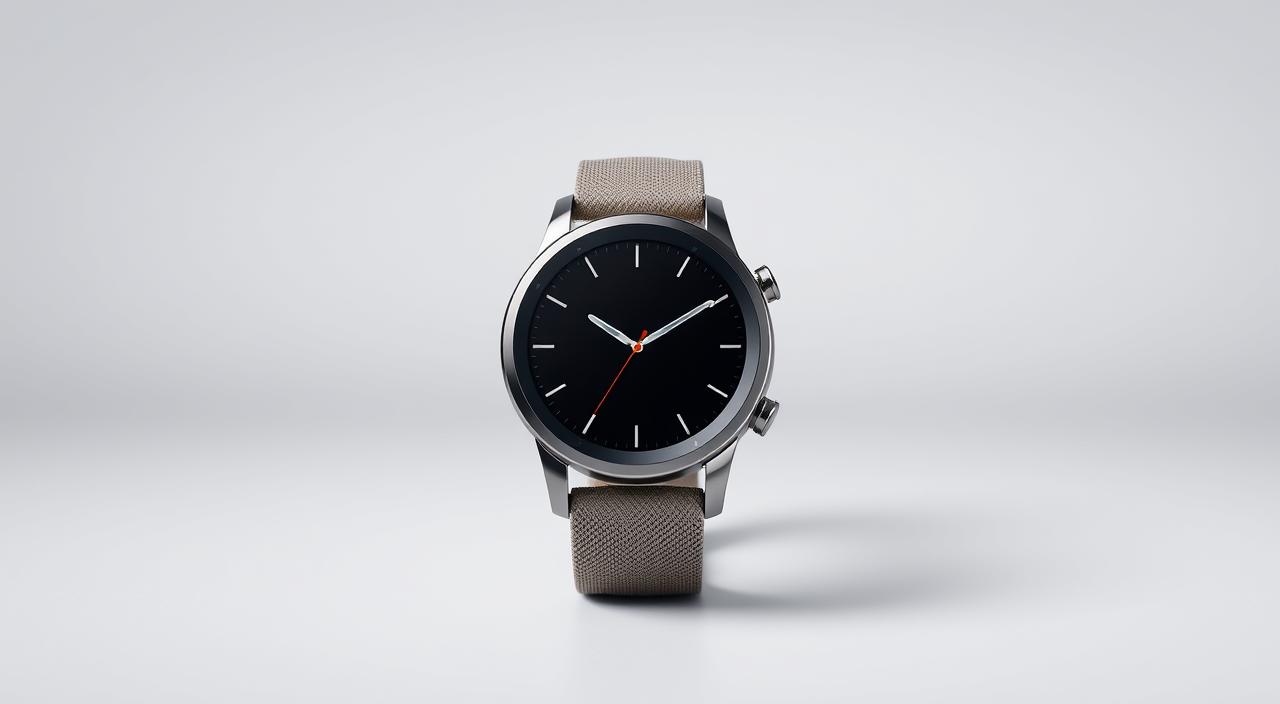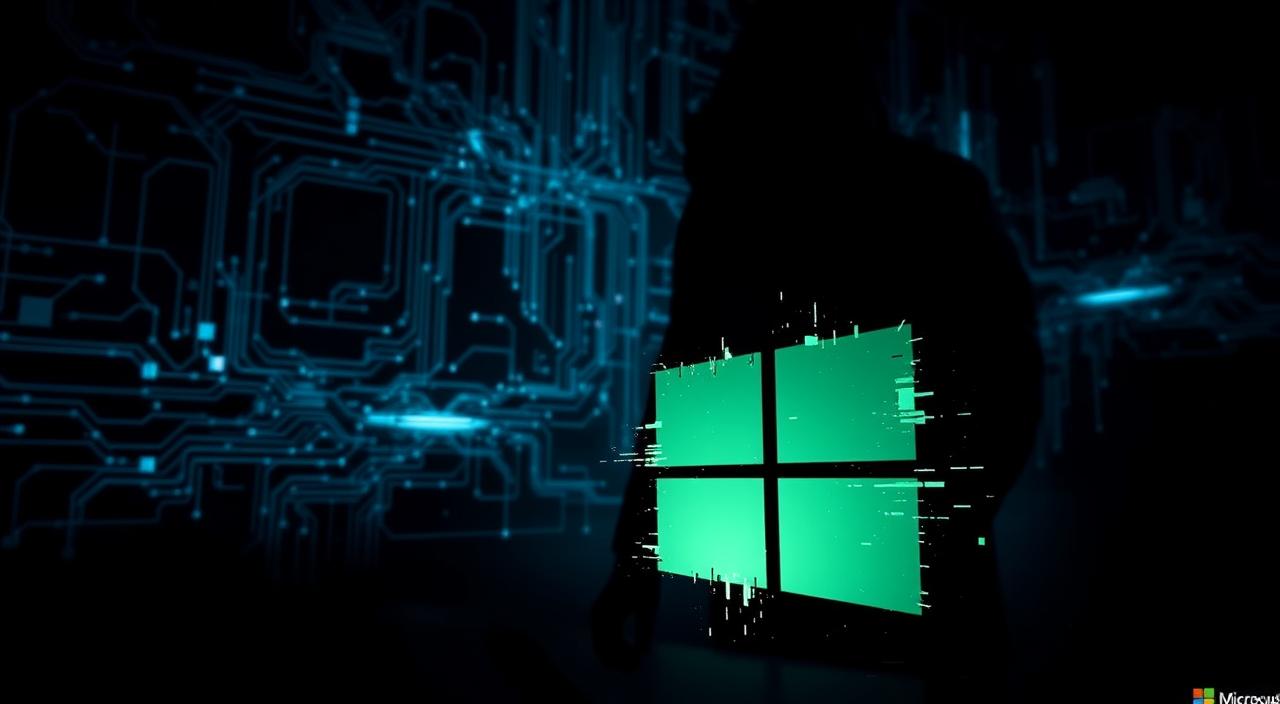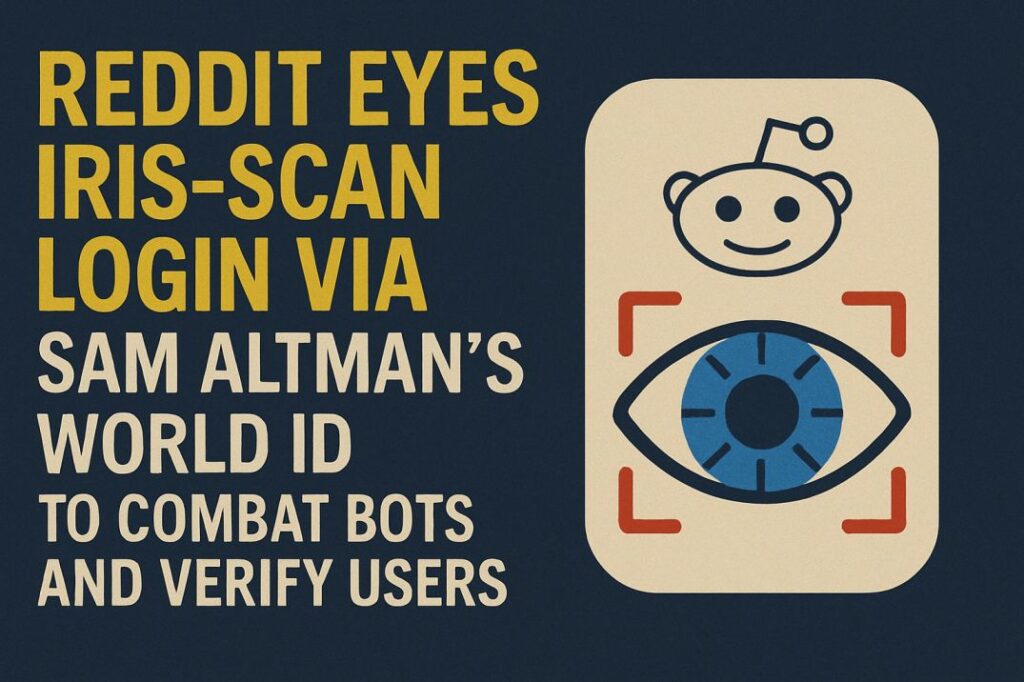
What Happened: Reddit, one of the world’s most popular social media and discussion platforms, is considering a bold move to enhance user verification and fight the scourge of fake accounts and bots. The company is in talks to partner with World ID, a biometric identification system developed by Tools for Humanity, which was co-founded by OpenAI CEO Sam Altman. If the plan proceeds, Reddit users could soon have the option (or requirement) to verify their identity by scanning their iris using a specialized device known as “the Orb.” This device captures a high-resolution image of a person’s iris (the colored part of the eye), and World ID’s system uses it to create a unique cryptographic “hash” – essentially a digital ID that proves you are a real, individual human, without revealing your personal details. The key selling point: users wouldn’t need to provide names, phone numbers or even emails to prove they’re human – the iris scan would suffice, preserving anonymity but ensuring authenticity.
Background – What is World ID?: World ID is part of a project often dubbed “Worldcoin,” spearheaded by Sam Altman. The concept is to solve the internet’s identity problem by providing an “anonymous proof-of-personhood.” The system works by using the Orb (a shiny spherical device) to scan an individual’s iris. The iris pattern is unique for every person, and the device converts it into a numeric code (iris hash) that cannot be reverse-engineered to recreate the image. World ID then checks this against its database to confirm that particular iris hasn’t been seen before – thereby confirming the user is unique (not registering multiple times) and alive (a real person physically present). Importantly, World ID says it does not store the iris image or biometric data – only the hash, and it’s designed such that no personal identity info is tied to the hash. Think of it like getting a digital stamp that says “human verified” without disclosing who you are. This approach aims to strike a balance between privacy and authenticity, a balance that is increasingly sought after as AI-driven bots proliferate online.
Reddit’s Motivation: Reddit has been grappling with bots, spam, and fake accounts for years, but the challenge has grown more pressing with advances in AI. “Unwelcome AI in communities is a serious concern. It’s the worry I hear most often these days from users and mods alike,” Reddit co-founder and CEO Steve Huffman wrote recently in a discussion post on the site. Reddit thrives on authentic human conversations in its thousands of forums (called subreddits), and Huffman noted, “Reddit works because it’s human… If we lose trust in that, we lose what makes Reddit…Reddit.”. With new AI tools able to generate endless posts or comments that mimic human speech, Reddit (like other social platforms) fears being overrun by artificial traffic that could distort discussions, amplify propaganda, or scam users. Additionally, governments around the world are moving towards stricter age verification laws for online platforms – meaning Reddit might soon need to reliably confirm if a user is e.g. over 18 to allow access to certain communities. Huffman has indicated Reddit would prefer to use “third-party providers” for verification rather than handle users’ personal data itself. That’s where World ID could come in: it’s an external, privacy-focused solution to confirm “this is a real person of a certain age, not a bot” without Reddit itself collecting, say, your government ID or phone number.
How It Would Work: If implemented, users would likely have to visit a World ID Orb checkpoint in person to get verified. Worldcoin has been rolling out Orbs in various cities around the world (often people can find them at participating stores or events). A user would have their iris scanned once to create their World ID. Then, Reddit could prompt users to link their World ID to their Reddit account (likely via a secure web authentication process). After that, the user gets some badge or token on Reddit indicating “Verified Human (World ID).” Reddit could potentially make certain high-profile forums or actions (like voting in polls, or contributing to sensitive topics) available only to verified users, to reduce bot interference. Alternatively, they might leave it optional but encourage it for trust – perhaps displaying a checkmark or flair next to usernames of verified accounts, similar to how Twitter Blue verifies via payment or ID. For age verification, World ID might confirm to Reddit that the hash corresponds to an adult without revealing anything else. This system is attractive to Reddit because it offloads the heavy lift – World ID handles the biometric capture and confirmation of uniqueness – and Reddit just receives a yes/no “human verification” result.
Privacy and Pushback: Despite World ID’s privacy assurances, the proposal is already drawing skepticism and backlash from some Redditors and privacy advocates. On Reddit, where many value pseudonymity, some users are balking at the idea of an eye scan to use a social site. Critics call it “creepy” or express concern that the biometric data could be misused. “We have to put a lot of trust in Worldcoin’s promise that they delete the scan and only keep hashes,” one user commented, noting that any database of biometric hashes could still potentially be abused or hacked. Others worry about exclusion: requiring an in-person iris scan could disadvantage users in remote areas or those who cannot easily find an Orb location (Worldcoin’s coverage is still limited, mostly in urban centers). Digital rights groups point out that even if World ID works as intended, it further blurs the line between the online and the biometric, possibly normalizing the use of physical identifiers to access websites – something that authoritarian regimes might take advantage of (by mandating their own biometric controls).
Steve Huffman anticipated some of these concerns. In his post, he emphasized that Reddit would not store any biometric info itself and that usage of World ID, if adopted, would aim to be voluntary – though he hinted that regulatory pressures might make some form of verification inevitable. He also mentioned that Reddit is exploring multiple options and hasn’t committed yet. Worldcoin’s team, for its part, argues that biometric proof is the only truly robust solution in an era where AI can defeat traditional CAPTCHAs and even fake some fingerprint or face scans. The iris, they claim, offers a high-security uniqueness test, and they note that over 2 million people worldwide have already signed up for World IDs in the past year, suggesting a growing acceptance.
The Bigger Picture: Reddit’s consideration comes amid a broader internet identity crisis. As AI-generated content floods platforms, there’s a new premium on verification. OpenAI’s Altman, one of Worldcoin’s founders, has pitched World ID as a tool to help distinguish AI from humans online – essentially, “validated human” badges could become important if the web is swarming with bots. It’s not just Reddit: earlier in 2025, Italy’s government suggested exploring World ID for age checks on adult websites (a proposal met with controversy). Some decentralized web projects and crypto platforms are also testing World ID for unique user airdrops or voting.
However, regulatory and ethical questions loom. No regulatory framework yet exists specifically for large-scale biometric verification systems like Worldcoin; it operates in a gray zone. In some countries, collecting biometric data without explicit government license can run afoul of laws (for instance, there are strict rules in the EU’s GDPR about processing biometrics). Worldcoin insists it complies by obtaining user consent and not personalizing the data. Still, regulators are watching. Reddit, being a mainstream platform, would have to be careful to make any verification optional but incentivized, at least at first, to avoid a user revolt or legal trouble.
For Redditors and internet users at large, this development is a sign of the times: verifying humanness is becoming harder yet more necessary. If Reddit goes through with the World ID partnership, it could blaze a trail that other social networks might follow, fundamentally changing how we prove who (or what) we are online. Alternatively, if user pushback is too strong, Reddit might scale back or seek less invasive solutions (such as verified profiles via government IDs or credit card charges, which other platforms use). In any case, this story highlights the growing intersection of biometric technology, privacy, and the fight against AI bots – a realm likely to see intense debate in the coming years.




